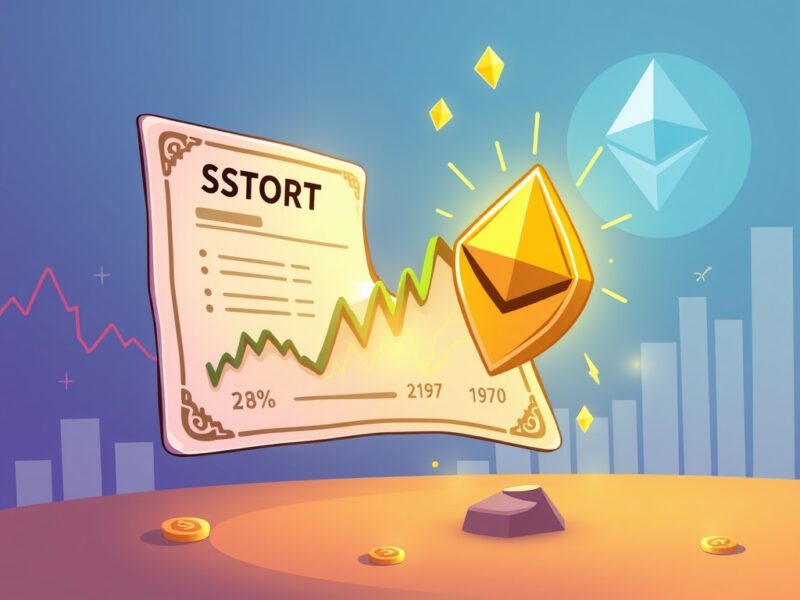Amazon is lobbying the Indian government for an export-only exemption from foreign investment rules
Amazon is urging New Delhi to relax foreign-investment restrictions so it can buy merchandise directly from Indian vendors for export, four people familiar with the discussions said.
Current Indian rules prevent firms such as Amazon and Walmart from holding inventory and making direct sales to consumers. Instead, they may operate marketplace platforms that link third-party sellers with customers for a commission.
Intended to protect small shops, these restrictions also cover export transactions, curbing how global e-commerce companies can function. In effect, the constraints that govern domestic e-commerce are mirrored for cross-border sales.
At a Thursday meeting, Amazon executives asked the Commerce Ministry to create an export carve-out, the four people said. Such an exemption would let Amazon India purchase goods from local suppliers and send them abroad to its customers. These constraints have been a recurring irritant in India-U.S. relations, which are also grappling with an unfinished trade agreement.
This push aligns with Amazon’s broader investment strategy in India, including a recent commitment to infuse $233 million into local operations to bolster fulfillment infrastructure and small business support efforts.
According to the Reuters sources, the company is asking for a narrow, export-only exemption rather than a wholesale rewrite of policy.
Small retailers push back against foreign giants
Three associations representing small retailers pushed back against any additional relief for Amazon and Walmart-owned Flipkart, which also attended, the sources said. They reiterated allegations that Amazon and Flipkart tilt the field toward a few large online sellers and use discounting that undercuts smaller businesses.
Both companies say they follow Indian regulations. As of Friday, Amazon India and Flipkart had not replied to Reuters’ questions. India’s Commerce Ministry likewise did not immediately respond.
In December, Amazon said it has enabled $13 billion in cumulative exports for Indian sellers since 2015 and aims to lift that to $80 billion by 2030. Amazon and Flipkart remain major players in India’s e-commerce market, valued at about $125 billion in 2024 and projected to exceed $345 billion by 2030, according to the India Brand Equity Foundation.
Amazon says exemption would aid small sellers with exports
During the meeting, Amazon argued that an export exemption would benefit small sellers by letting the company handle customs procedures and widen access to overseas buyers, three sources said.
“It was a heated meeting … the small traders and their supporters opposed it, saying they wanted no concession for foreign e-commerce players,” said one of the four sources who attended.
An internal agenda for the session, reviewed by Reuters, indicates the government has not yet made a decision.
The paper stresses that any export carve-out must not enable foreign e-commerce firms to “engage in direct sale of listed goods/products to Indian consumers,” which officials worry would harm small shops. It also says any change should “ensure sufficient demarcation between the goods/products meant only for exports and other … meant for sale to Indian consumers,” the document states.
The smartest crypto minds already read our newsletter. Want in? Join them.
You May Also Like

Tokenized Stocks: Ondo Finance’s Groundbreaking Leap onto Ethereum

Kalshi crosses billion-dollar mark as DC’s legal dust begins to settle
